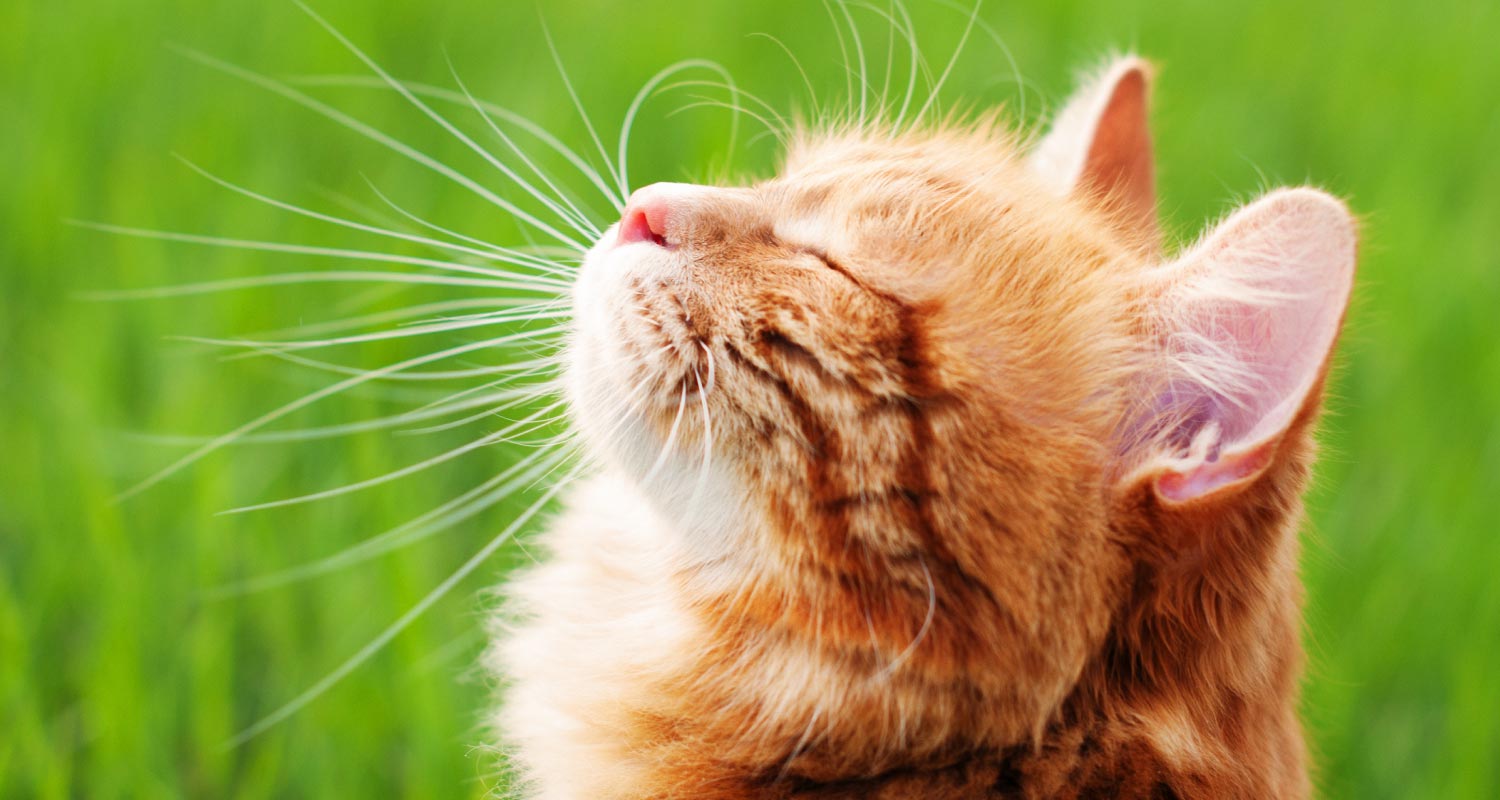HEALTH & WELLNESS

VOTING BOOTH

TRENDING

LIONS FOUNDATION OF CANADA DOG GUIDES
Lions Foundation of Canada Dog Guides and its founding program, Canine Vision Canada, was established in 1983. It’s the largest school of its kind in Canada with its training school in Oakville and breeding facility in Breslau.
Management of CKD in Cats

Chronic kidney disease (CKD), or a slow decline in kidney function over time, is common in cats. Filtering the blood and making urine are the most important functions of healthy kidneys.
When kidneys no longer function properly a cat may suffer a variety of health problems. CKD is the most common kidney disease that may affect cats.
There is no cure for CKD; however, treatment and management can improve the quality and prolong the life of a cat. Here are a variety of management recommendations that could slow progression of the disease:
Familiarize yourself with the disease
There is a plethora of Information from print materials or on the internet, so be sure to get answers to the following questions:
- What is chronic kidney disease (CKD)? Get as many facts as possible to understand the disease.
- What are the stages of CKD? Learn how stages are classified and what happens during each one.
- What does having CKD mean for my cat?
Ask your vet to explain how the disease will develop and what you need to expect and prepare for.
Find out your cat’s specific needs
Several factors will determine the needs of a cat with CKD. They include:
- The cause of your cat’s CKD: Are there underlying factors or is it unknown? If present, underlying conditions should be addressed and treated along with clinical signs.
- Test results: Have certain vitamin, mineral or hormone imbalances been discovered? These need to be addressed and monitored moving forward.
- Health problems: Does your cat have an infection or inflammation? It’s a common complication so the possibility needs to be ruled out or confirmed and treated.
Maintain adequate hydration
Getting dehydrated is very dangerous in general and it’s much worse for cats with CKD. Therefore, keep asking yourself the question: Is my cat drinking enough water? If not, your vet should be able to provide advice on how you can increase intake.
Support adequate nutrition
These questions provide some nutritional guidelines:
- Since being diagnosed, has your cat’s diet been adapted? It’s usually necessary.
- If yes, is your cat eating enough of his or her new food? It’s essential.
- Do you need help getting your cat to eat enough? Seek help.
Weight loss should always be a cause for concern and even more so in cats with CKD.
Remain alert and consult your vet
Report symptoms, as you notice them, to your vet. After a check-up and perhaps some tests, your vet will likely prescribe medication to help your cat feel better. Things you may notice include vomiting, diarrhea and lethargy.
Adhere to the treatment plan
To help ensure the best outcome for the reminder of your cat’s life (which may well be a couple of years), it’s important to remain consistent with regards to treatment. That means don’t skip check-ups and don’t forget to give your cat’s medication as instructed. There is evidence suggesting that the earlier CKD is diagnosed and treatment is initiated, the better the outcome with respect to quality of life and slowing the progression of the disease.
Remain positive
Finding out your cat has chronic kidney disease (CKD) is usually devastating, but there’s hope yet. Armed with a positive attitude and a customized treatment plan provided by your vet, it’s often possible to enjoy many more happy years together.
Treatment and Management
- Dietary management may slow the progression of CKD. Although there is some controversy as to when dietary intervention should start and what diet to use. You and your veterinarian can determine if your cat needs a dietary change and which diet to use.
- Medications are available to treat problems such as low potassium levels and poor appetite.
- If your cat needs improved hydration, your veterinarian can teach you how to give supplemental fluids underneath the skin of your cat. This can help extend the duration and quality of life.
- Treating CKD is a partnership between you and your veterinarian.
- Regular evaluations help refine treatments and identify new problems early when they are easier to resolve.
- Although CKD cannot be cured, many cats with CKD live with good quality of life for an extended period of time, often years.








